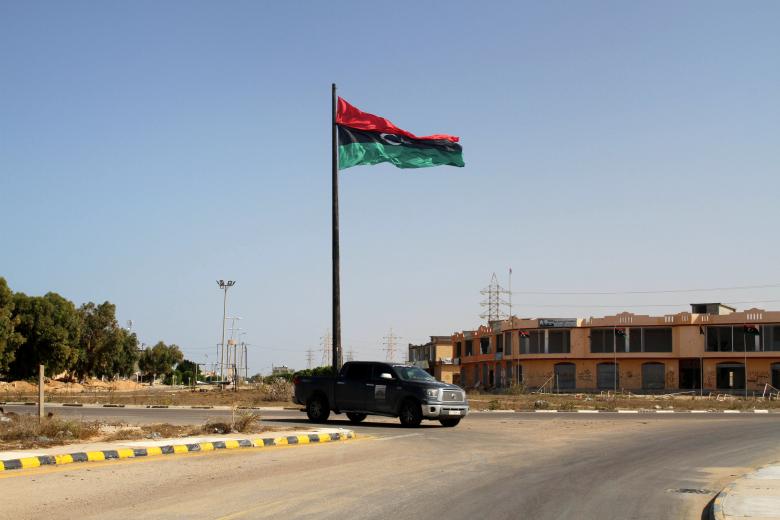Washington- The uprisings that became known as the Arab Spring were sparked in December 2010, when a young Tunisian fruit seller set himself on fire in response to harassment from police officers. Within months, huge protests had spread throughout the Arab world, taking down autocratic governments in four countries but also sparking horrific civil wars and giving fuel to religious and sectarian extremism in the region.
Now a new report from the United Nations suggests that the turmoil in the years since 2010 has left a heavy economic imprint in the Arab region — in particular, leading to a net loss of $613.8 billion in economic activity, or about 6 percent of gross domestic product from 2011 to 2015.
The lengthy report, published by the U.N. Economic and Social Commission for Western Asia on Thursday, used estimates of growth made before 2011 to help understand this loss. It is the first report of its kind to be made by a major economic body, and although it focuses only on the economic situation, it provides a rare quantification of the cost of the Arab Spring for the region’s inhabitants.
The commission noted that it was not just the conflict and political turmoil in the region that hurt its economic situation — low oil prices have also led to a sharp decline in export revenue for many Arab economies over the past year. But conflict is noted as one of the largest drivers of the economic loss. The crisis in Syria, now in its sixth year, is estimated to have caused GDP and capital losses of $259 billion since 2011, according to estimates from another U.N. group, the National Agenda for the Future of Syria.
The report points to some glimmers of hope, noting, for example, that in other regions, conflict and regime change has eventually had a long-term positive effect on countries. But political transitions in the Arab world have not largely not helped economic growth, the report finds, in part because there have not been reforms that addressed the issues that led to the Arab Spring unrest.
The conflicts have also had huge social implications, including large-scale population displacement and rising unemployment in countries that underwent conflict or those that have received refugees because of conflicts in neighboring countries. The situation is especially difficult for women, who tend to participate in the labor market at a far lesser extent than men in Arab countries.
The report also cites data from Transparency International’s Corruption Perceptions Index, finding that Arab countries are perceived as some of the most corrupt on the planet — and despite the role of corruption in sparking protests in 2010 and 2011, corruption is actually perceived to have increased in many Arab countries over the past five years.
The U.N. economic commission lists a number of policy recommendations in its report to help repair the situation, including the “key” aspect of financing reconstruction through domestic resources and foreign assistance. Mohamed el Moctar Mohamed el Hacene, the commission’s economic development director, told Reuters that the oil downturn may force some countries to put in place “economic reforms leading to real diversification.”
But the country would need more support from the international community if it was to truly recover. “We have seen in Latin America, Eastern Europe and the Balkans the support they got in order to recover after conflict,” Hacene said. “We have not seen so far such support occurring for the Arab region.”
